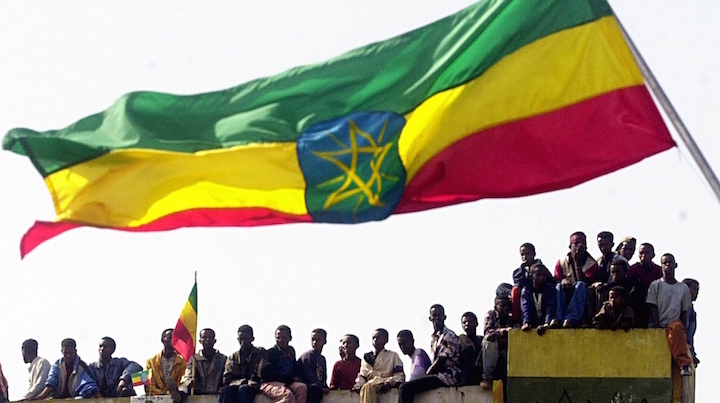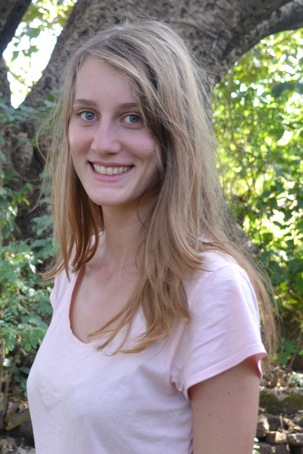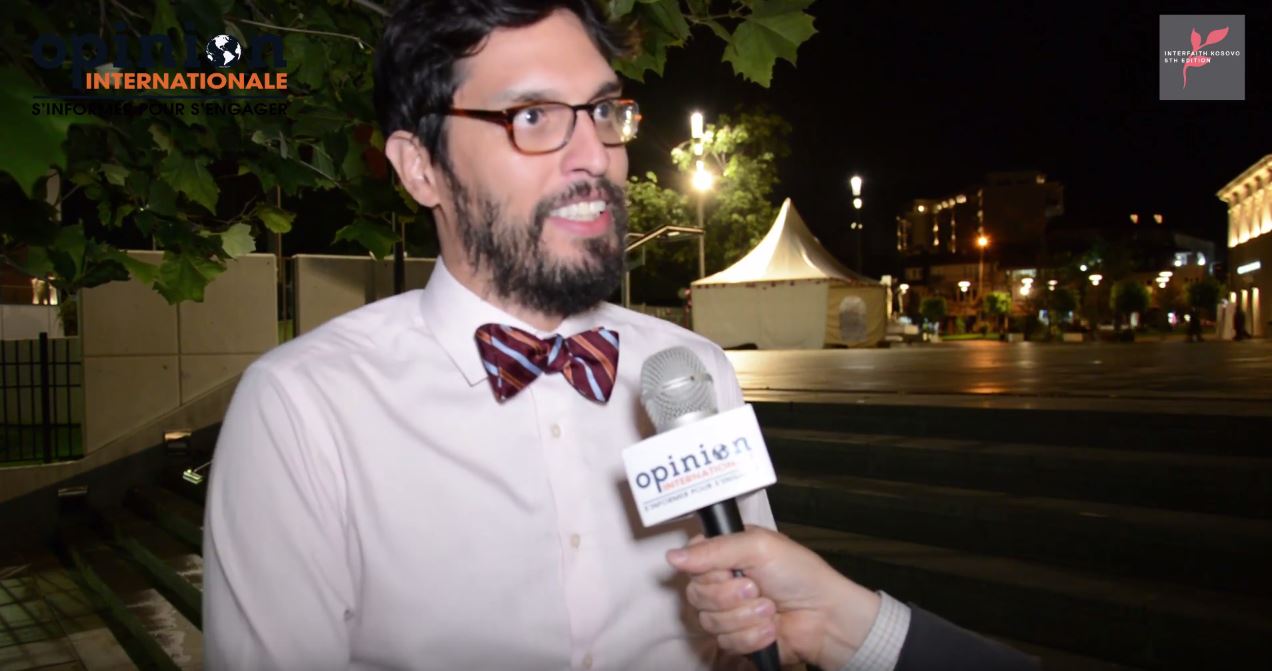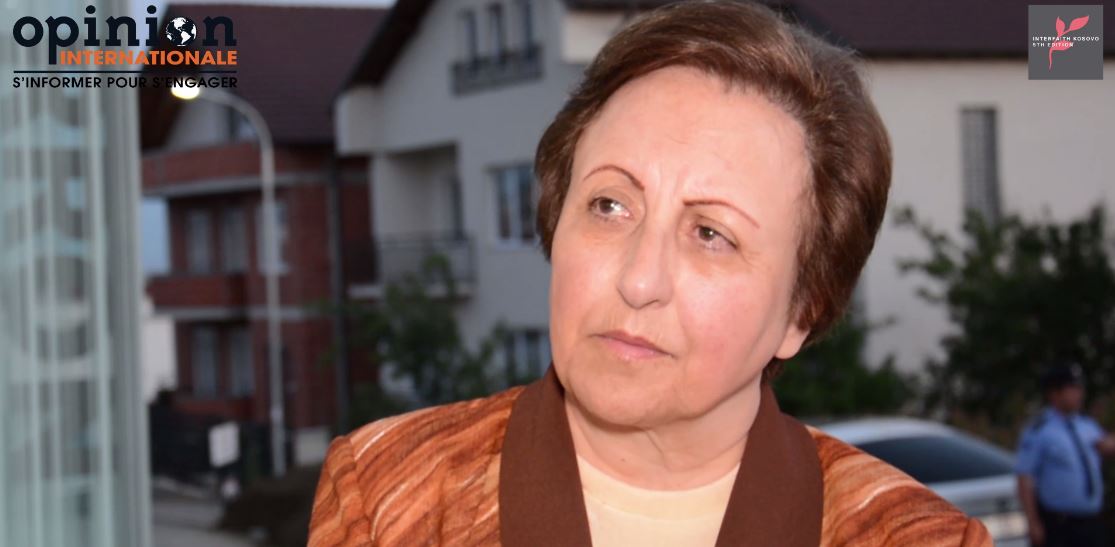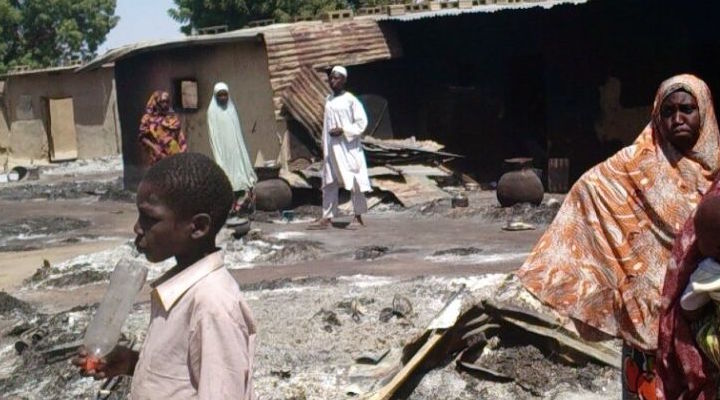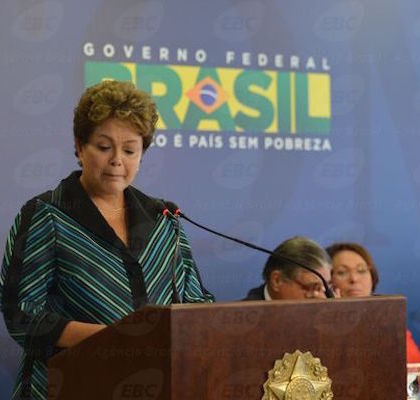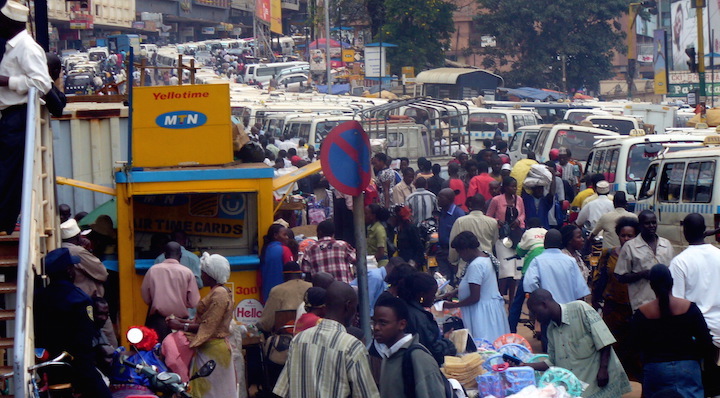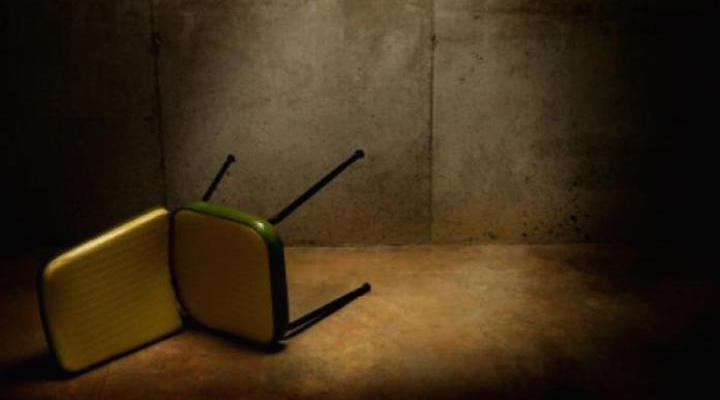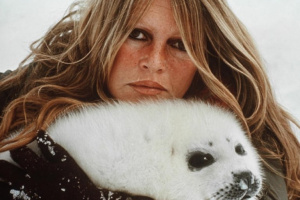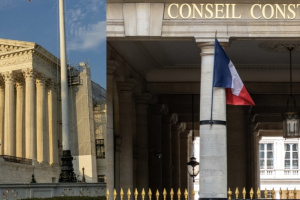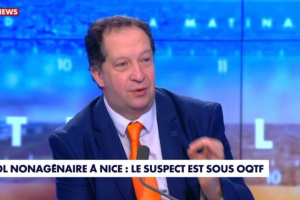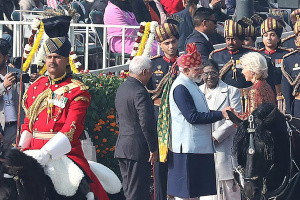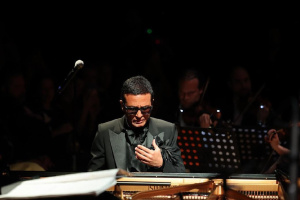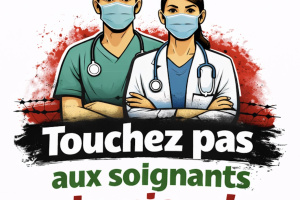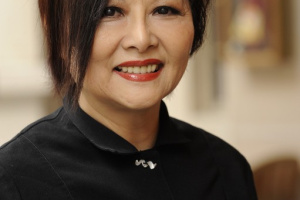With the 2015 parliamentary elections in Ethiopia being just around the corner, the leading coalition (EPRDF) is putting efforts into maintaining its current state of dominance and channels of oppression. A look into Ethiopia’s violations of the freedom of press and expression makes clear that, although the country is a democracy on paper, its practices are far from ensuring fair elections and the respect of basic human rights.
In May 2010, Ethiopia’s citizens voted for the composition of their current parliament. The results allocated 499 seats out of 547 to the Ethiopian’s People Revolutionary Democratic Front (EPRDF), the coalition in power. With upheavals arising across the country, activists, journalists and opposition forces started speaking out against an invalid result and unfair campaign. And with this wave of frustration also came a wave of violent repression. We all remember this, right ? Or maybe not. In fact, the media coverage of these events was disturbingly low and to this day Ethiopia’s practices don’t seem to be of particular interest at an international level.
Recent events, including targeted arrests of journalists, show how the EPRDF has been continuing to implement a way of ruling aimed at silencing dissident voices without being held accountable.
From bad to worse
After the EPRDF coalition overthrew the popular democracy of Mengistu Hailemariam, Ethiopia became a parliamentary regime in 1995. This was seen by many as an improvement to Hailemariam’s rule and as a hope for the human rights record of the country. National elections have been held, and it seems like the mass killings perpetrated under Hailemariam have stopped. And yet…
Hanna* is from Addis Ababa: “I loved Mengistu Hailemariam. He did a lot for the country, for example in terms of education. He killed many people, but Zenawi did too, only he hid it well.”
Meles Zenawi, who was Ethiopia’s prime minister from 1995 until his death in 2012, is still alive in the hearts of many people and posters of him hang on the shabby walls of coffee shops and in government offices. But he has been fatal to the human rights record of the country, freedom of press and expression being the one he most vehemently oppressed. He is the reason why today’s Prime Minister Hailemariam Desalegn is able to continue and even strengthen the oppression of journalists, activists or members of the opposition.
Democracy “is all in theory and this is used to please the outside world. But we citizens all know that it’s a façade”, says Gashaw*, a young teacher from Gondar.
The façade mentioned by Gashaw is real. The constitution is irreproachable and has a clause for both freedom of press and freedom of expression. Desalegn admitted that « It is not the law that hinders but the implementation of these laws. Therefore, we have put in place the code of conduct of all parties. “
What this code of conduct concretely implies and whom it benefits remains of course in the dark.
In practice, the country is not less an authoritarian regime than it was 20 years ago. Some timid western voices confirm this, yet no real pressure is being exercised. But with election campaigns qualified as “unequal” by the European Union and a 143rd rank out of 180 on the World Press Freedom Index, Ethiopia has fallen into a cycle of oppression and silencing out of which it will be difficult to get out.
The worst repression since 2005
During the last decade, no less than 75 newspapers and independent magazines have been forcibly closed under government authority. Their owners and journalists have been either threatened, imprisoned or exiled.
In 2008 and 2009, the parliament passed laws making it easy to censure publications and convict journalists on a “legal” basis. In particular the anti-terrorism law allowed many persecutions on the basis of national security.
Never have these laws been more used than in recent times, and 2014 has brought with it a dark time for Ethiopian independent journalists and bloggers. In April, a group of bloggers for Zone 9 have been arrested and subdued to violent treatment because they wrote in favour of press freedom and spoke out about the danger journalists face for writing the truth. Other arrests include Elia Gebru, editor-in-chief of an independent magazine, as well as the owners of three other magazines (Addis Guday, Lomi and Fact) last October.
According to Reporters Without Borders, at least 30 journalists have fled the country and several newspapers have closed since the beginning of the year.
Kality Prison and the fear of being forgotten
Many prisoners of conscience are brought to Kality Prison in Addis Ababa. There, cells are shared by hundreds of people who sleep on cold cement floor infested with lice, fleas and rats. But worse than the inhuman (and, for the record, unconstitutional) treatment they receive, it is the mental torture that makes the condition unbearable. Martin Schibbye, a Swedish journalist who has been detained for fourteen months speaks of a “geography of fear” that keeps most of the prisoners silent.
Eskinder Nega, a widely known journalist who wrote about justice and press freedom, was brought to Kality in 2011, where he currently serves an 18 years sentence. A note written to his son states that « The pain is almost physical. But […] we must bear any pain, travel any distance, climb any mountain, cross any ocean to complete this journey to freedom. Anything less is impoverishment of our soul. »
The worst suffering endured by journalists who have had their freedom and their life purpose taken away from them is the fear that they, their soul and their ideas might be forgotten outside the bars of their living hell
Fortunately, Eskinder has been awarded the Golden Pen of Freedom last June. This shows that the fight for freedom is being recognized and that attempts are made not to forget. The sad truth is that many names, many lives behind bars, remain just letters on a list. Probably because there are so many of them, and because the cries of despair in Kality prison barely make it past the dark walls and cold cement.
« Nothing can be changed » – or can it?
Six months from now, Ethiopia’s citizens will vote anew. It is highly probable that the EPRDF will claim enough seats to continue their politics of silence without having to give accounts. It is highly plausible that, after having scared away any dissident voice, after having made clear that a citizen who doesn’t support them will face consequences, the results will turn in their favour.
“Nothing can be changed. I would sacrifice myself without hesitating if I knew that I could change something” says Gashaw.
Governments from other countries don’t seem to want to mingle. Ethiopia, still highly dependent on international aid, is still not of much geopolitical interest to the EU and the US, its biggest donors. As a consequence, no apparent pressure is being exercised from these countries, which claim to be the biggest supporters of human rights in the world.
There is some flicker or hope, however. The events that have occurred in Africa in the past years have awoken international attention. It is thus likely that the 2015 elections will be under more international spotlight than in 2010.
“There will be a war. There is a diaspora outside the country, and I think that they are raising awareness and preparing something”. Gashaw seems to see this as the only way out.
While a civil war is far from an ideal or even plausible solution at the moment, the fact that voices start to rise might bring about some change eventually. Also to be kept in mind is Ethiopia’s very fast growth, which will increase its trade and relations with other countries. Maybe then, Ethiopia’s leaders will be made more accountable for their actions. Until then, individual personalities will have to keep fighting and speaking up.
*The names of the people cited have been modified at their own request and for their safety
Ethiopian’s People Revolutionary Democratic Front
The EPRDF coalition was initially formed as a revolutionary movement of four parties under the so-so called “People’s Democratic Republic of Ethiopia”. This was a communist and single-party regime led by Mengistu Hailemariam and the Worker’s Party of Ethiopia.
While it is true that the party improved literacy rates and primary school enrolment considerably, it was a centralised and totalitarian leadership that eventually resulted in international criticism above all regarding the famine of the 1980s.
The EPRDF overthrew the government in 1991 and established a transitory government until 1995, when the Federal Parliamentary Republic was officially declared and a Constitution signed. The four parties constituting the coalition are the Oromo People’s Democratic Organisation, the Amhara National Democratic Movement, the South Ethiopian people’s Democratic front and the Tigrayan People’s liberation Front. Each of those parties represents a different region of Ethiopia.
They have been ruling the country ever since 1991. Other parties counting as “opposition” but which really are allies of the leading coalition also have some seats in the parliament (35 since 2010), but only two seats were attributed to the true opposition.
Zone 9
The “Zone 9 bloggers” is an engaged blogging group who writes about topics such as the rule of law, the respect of rights and human rights violations in Ethiopia. Their name stems from the Kaliti Prison, which has eight zones, with the rest of Ethiopia considered as the ninth zone because of the lack of freedom. On last April 25th and 26th, six Zone 9 bloggers were arrested. In the following summer, they have been falsely convicted with various charges, including terrorism, conspiracy and affiliation with illegal political groups. The six men are still in prison. A twitter campaign carrying the hashtag #FreeZone9Bloggers was initiated by various activists in the summer of 2014. In addition, international organization such as Human Rights Watch also work to raise awareness and advocate for the liberation of the Zone 9 bloggers.





